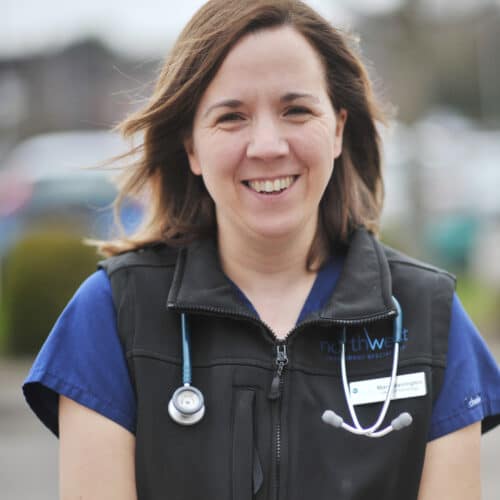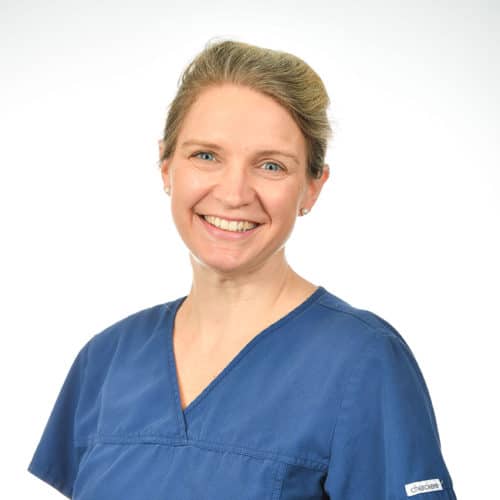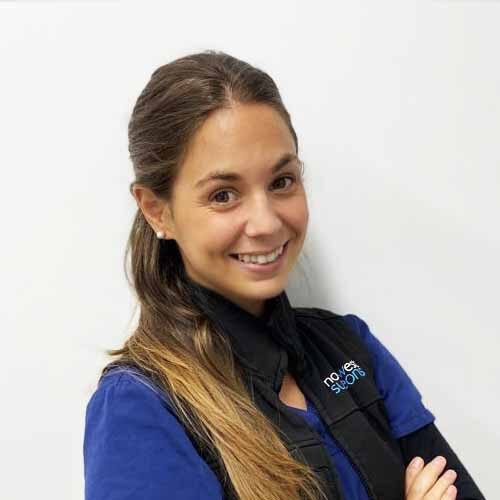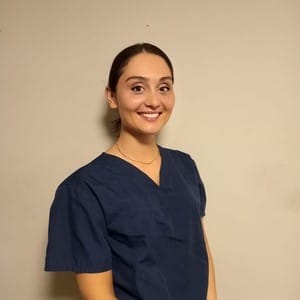Veterinary surgeons only
Oncology
At Northwest Veterinary Specialists we have a dedicated veterinary oncology service for patients that have or are suspected of having a diagnosis of cancer. The veterinary referral team is led by RCVS and European Specialists in Veterinary Oncology whom are assisted by an experienced oncology specific nursing team.
Veterinary Oncology Suite
Our purpose-built Veterinary Oncology Suite is equipped with advanced facilities and equipment to provide cutting-edge cancer treatments for small animals in the UK. The suite includes chemotherapy and radiotherapy treatment facilities all in one place, ensuring a stress-free experience for each patient with a separate entrance and reception area for oncology and radiotherapy patients.
A diagnosis of ‘cancer’ can be a very worrying time for owners and they can be faced with a number of choices both in terms of investigations and treatment options. We will guide owners through these decisions and treat each patient and their owner as individuals to ensure both comprehensive and compassionate care. Just as in human medicine the field of veterinary oncology continues to develop and we aim to offer a thorough range of up-to-date therapeutic options. Ensuring patients maintain a good quality of life is always our priority.
Arranging a Referral or Case Advice
If you are a veterinary professional and would like to make a referral, or require pre-referral advice about a patient, please use the online forms.
Veterinary Oncology Referral
Patients are referred to the oncology service when they have a confirmed or highly suspected diagnosis of a tumour. We will request all the previous records and results from the primary vets prior to the appointment. This will enable us to have a thorough discussion at the initial consultation regarding the most appropriate further investigations and treatment options. We want owners to be fully informed about all the options before deciding how they would like to proceed.
To treat any tumour appropriately we need to ensure that we have a definitive diagnosis. In some cases this may already have been obtained by the primary vet, but in other cases we may need to take samples often as either needle aspirates or a biopsy. We may also suggest further blood tests and imaging for so called ‘staging’ of the tumour.
This enables us to assess the extent of any primary tumour both locally and if it has spread (metastasised) to different sites, as well as to assess if there are any other concurrent problems (comorbidities). At the hospital we have a highly skilled imaging team to perform radiography, ultrasound and advanced imaging with CT and MRI.
Once we know the type of tumour and its extent we can make specific treatment recommendations and provide information on potential treatment side-effects, prognosis and cost. We try to ensure that all owners are fully informed of all the treatment options so that they can make the most informed decision as to what is most appropriate for their pet and their family. The priority when making any such decision is to ensure that we provide patients with an ongoing good quality of life.
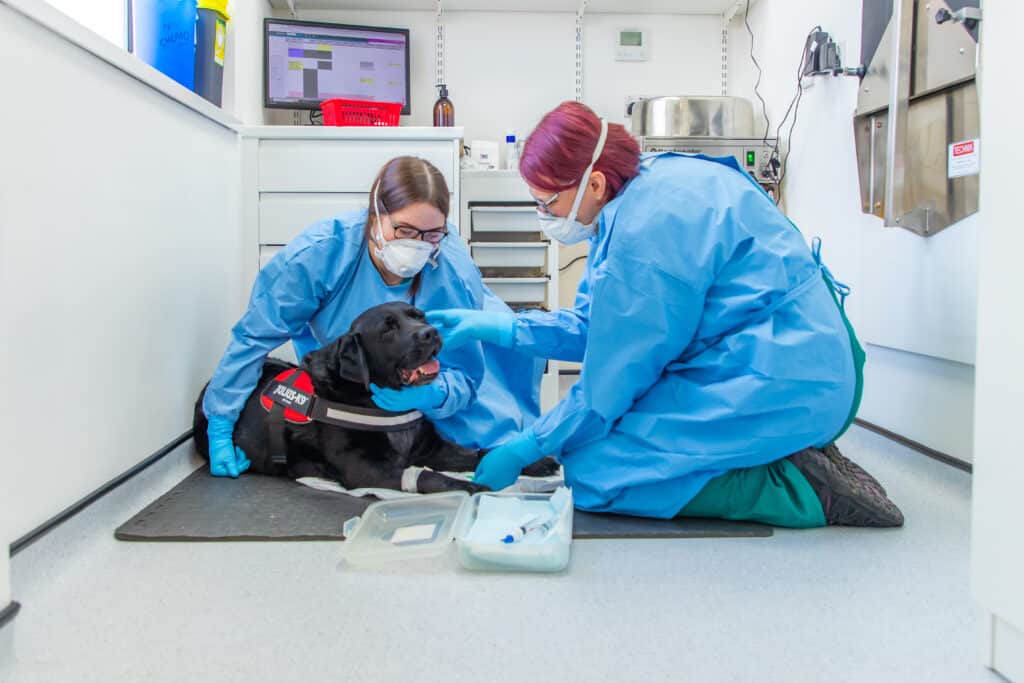
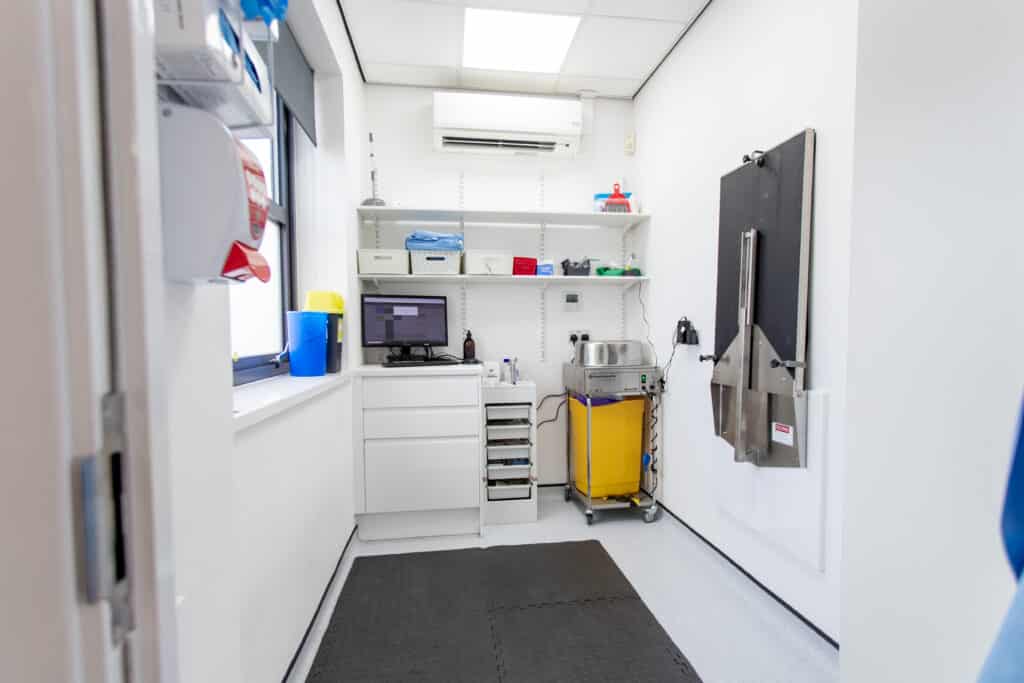
Pet Oncology Treatments
There are a number of different ways in which we can treat tumours and very often we may use a combination of such modalities to optimise patient outcomes:
- Specialist soft tissue surgery
- Chemotherapy
- Conventional chemotherapy
- Metronomic chemotherapy
- Tyrosine kinase inhibitors
- Electrochemotherapy
- Radiation therapy (courtesy of local facilities)
- Immunotherapy with the melanoma vaccine.
We can also advise on palliative and adjunctive treatments to optimise our patients’ care:
- Pain management
- Nutritional support.
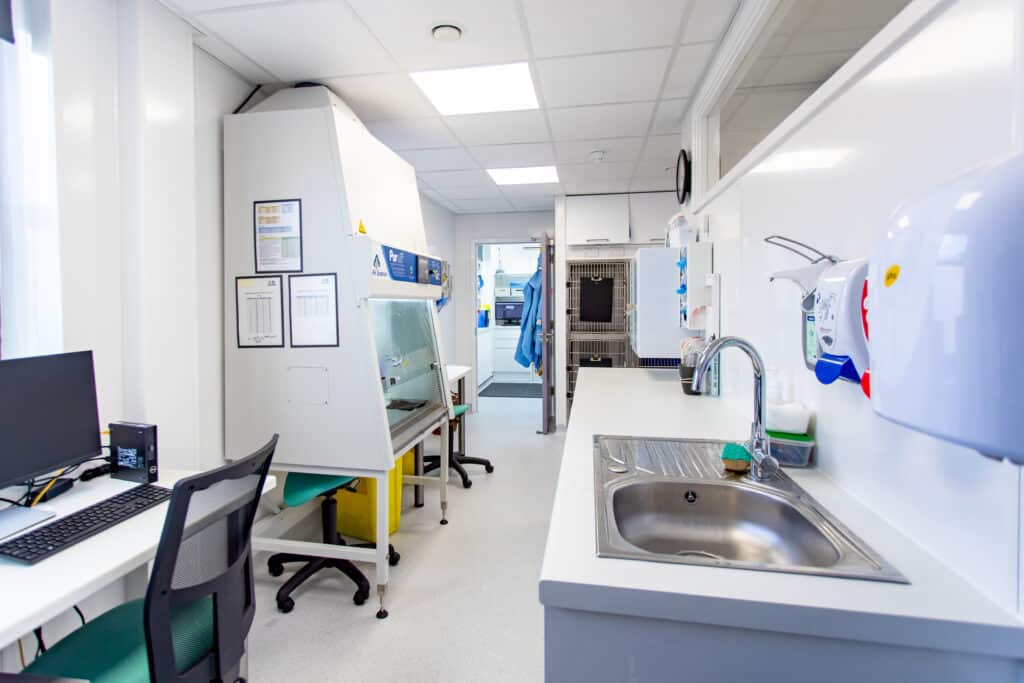
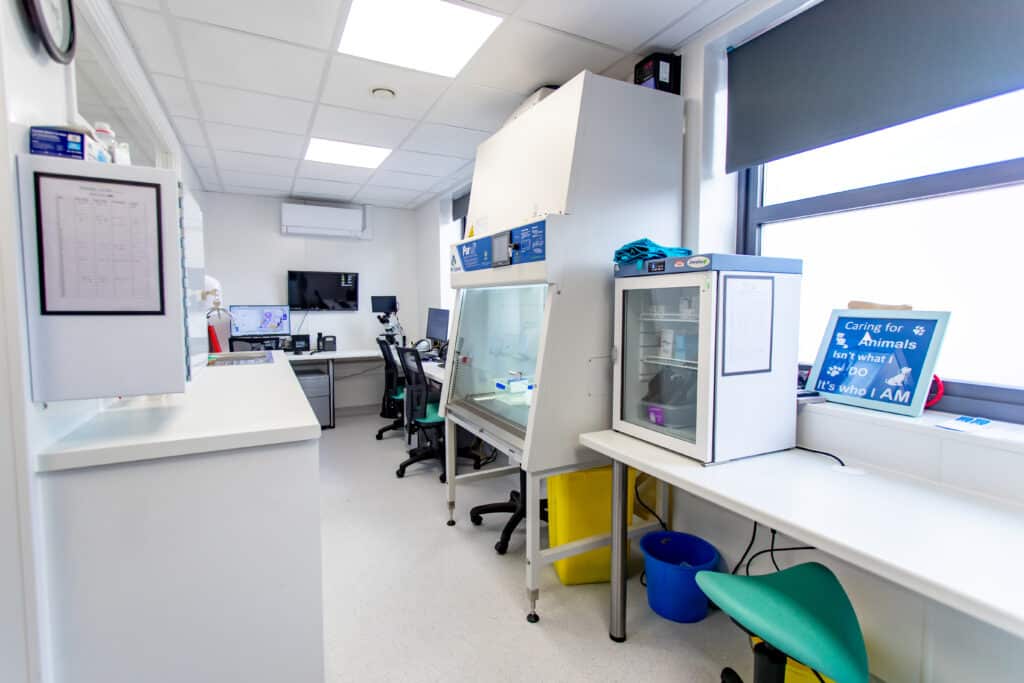
24/7 Veterinary Animal Care
The hospital is staffed 24 hours a day to ensure excellent care for our patients if they need to revisit or stay in the hospital overnight or at weekends.
Our priority alongside owners is to ensure that patients continue to have an excellent quality of life for as long as is possible. Unfortunately we cannot cure all patients and we will also offer full support when the time may come to make the difficult decision of whether or not to continue treatment. For our team we feel it is just as important to support owners during this difficult time.
We are a very approachable team and are more than happy to discuss oncology cases with referring veterinary surgeons either prior to referral or to advise on cases which they are managing themselves in practice. We will also keep in close contact with the referring veterinary surgeon to keep them updated on the management plan for cases whom they have referred to the hospital.
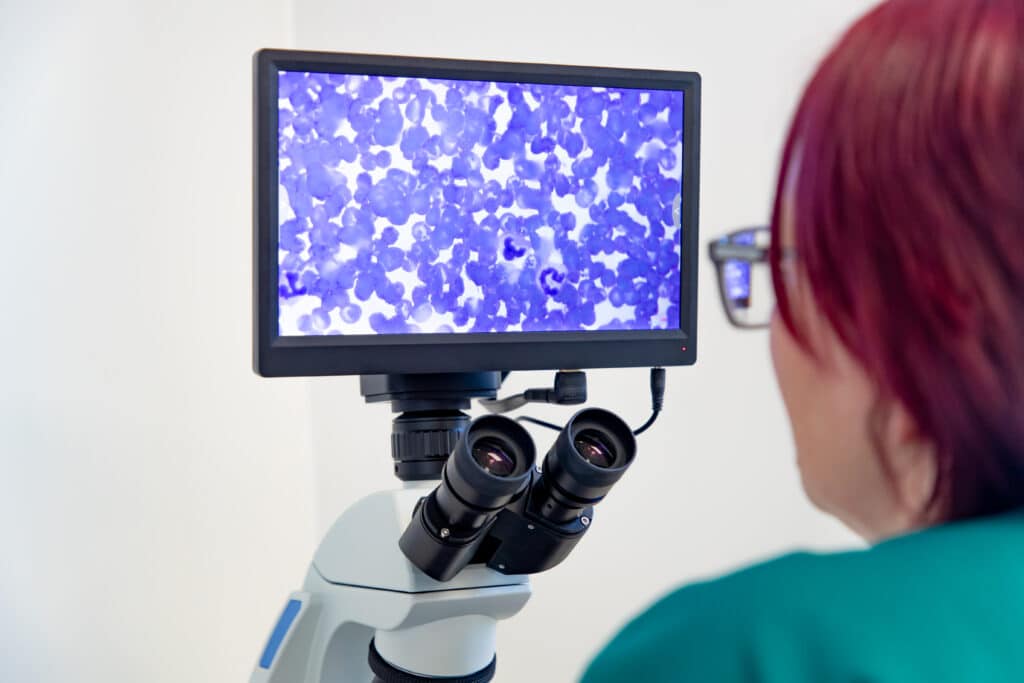
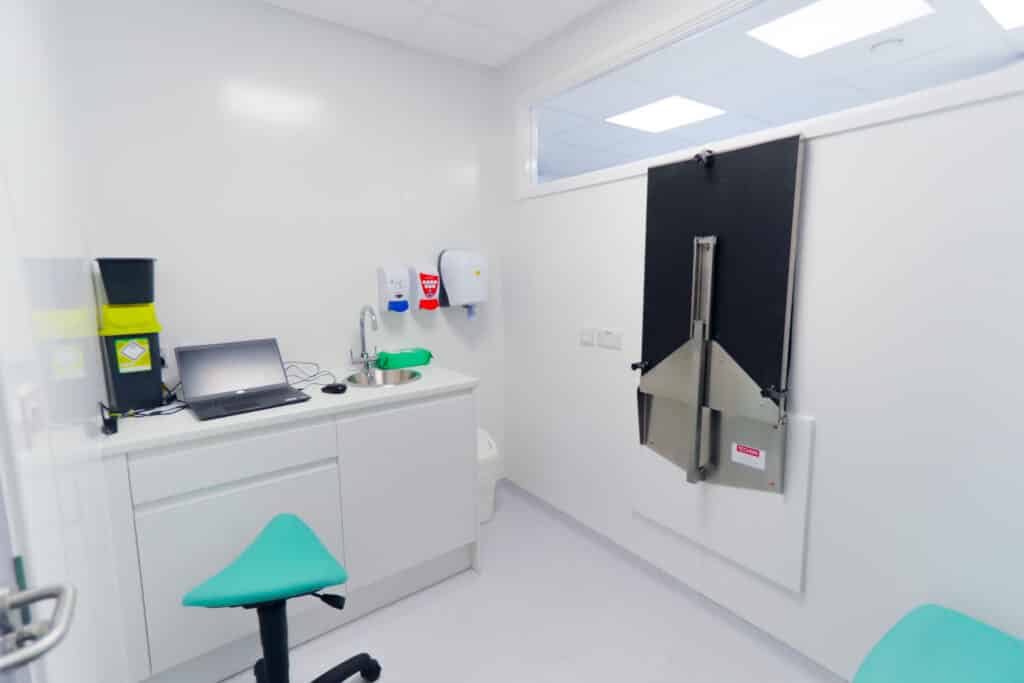
The veterinary team are happy to accept referrals in all aspects of canine and feline oncology. The most common tumours which we treat at the hospital are:
- Lymphoma
- Leukaemia
- Mast cell tumour
- Soft tissue sarcoma
- Melanoma
- Anal sac tumour
- Mammary tumour
- Osteosarcoma
- Histiocytic sarcoma
- Haemangiosarcoma
- Urinary tumour
- Oral tumour
- Multiple myeloma / plasma cell tumour.
Testimonials
What our clients say:
Arranging a Referral or Case Advice
If you are a veterinary professional and would like to make a referral, or require pre-referral advice about a patient, please use the online forms.

